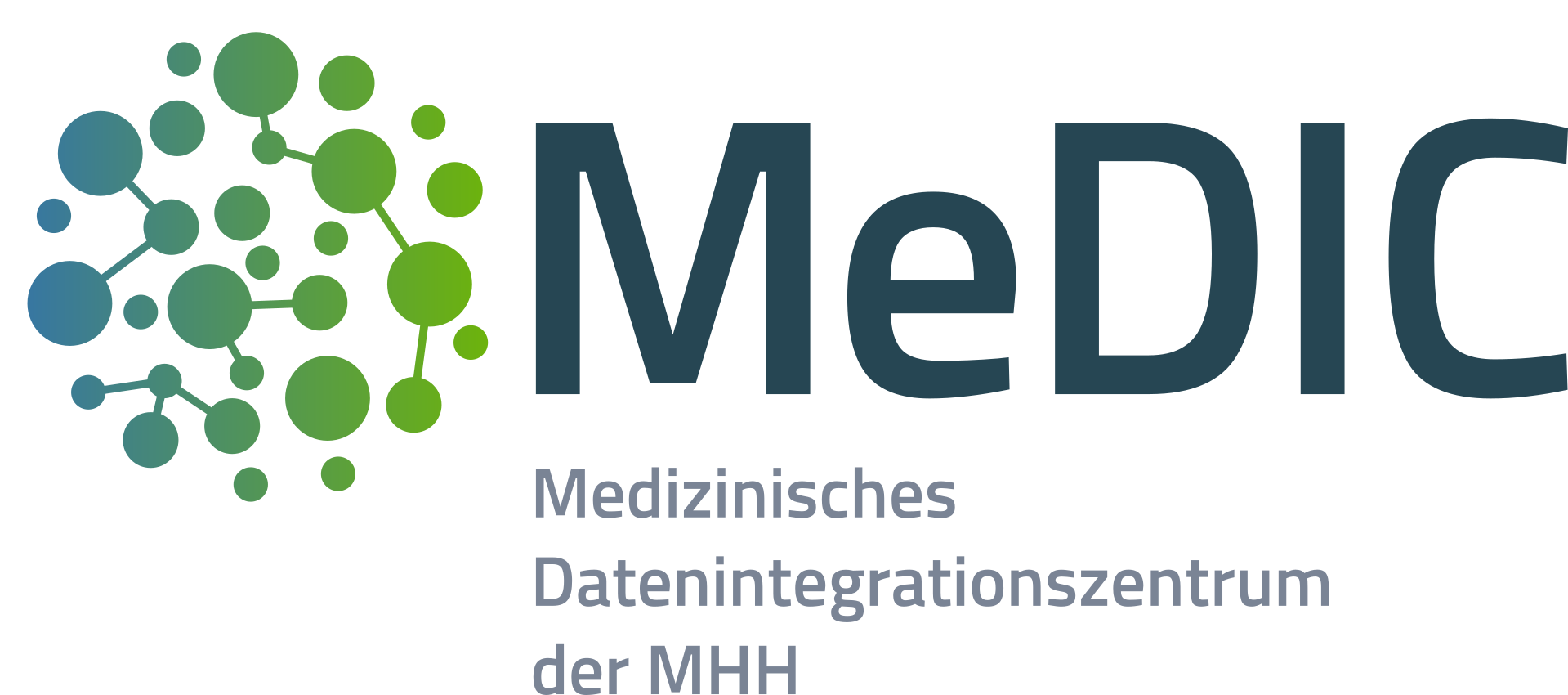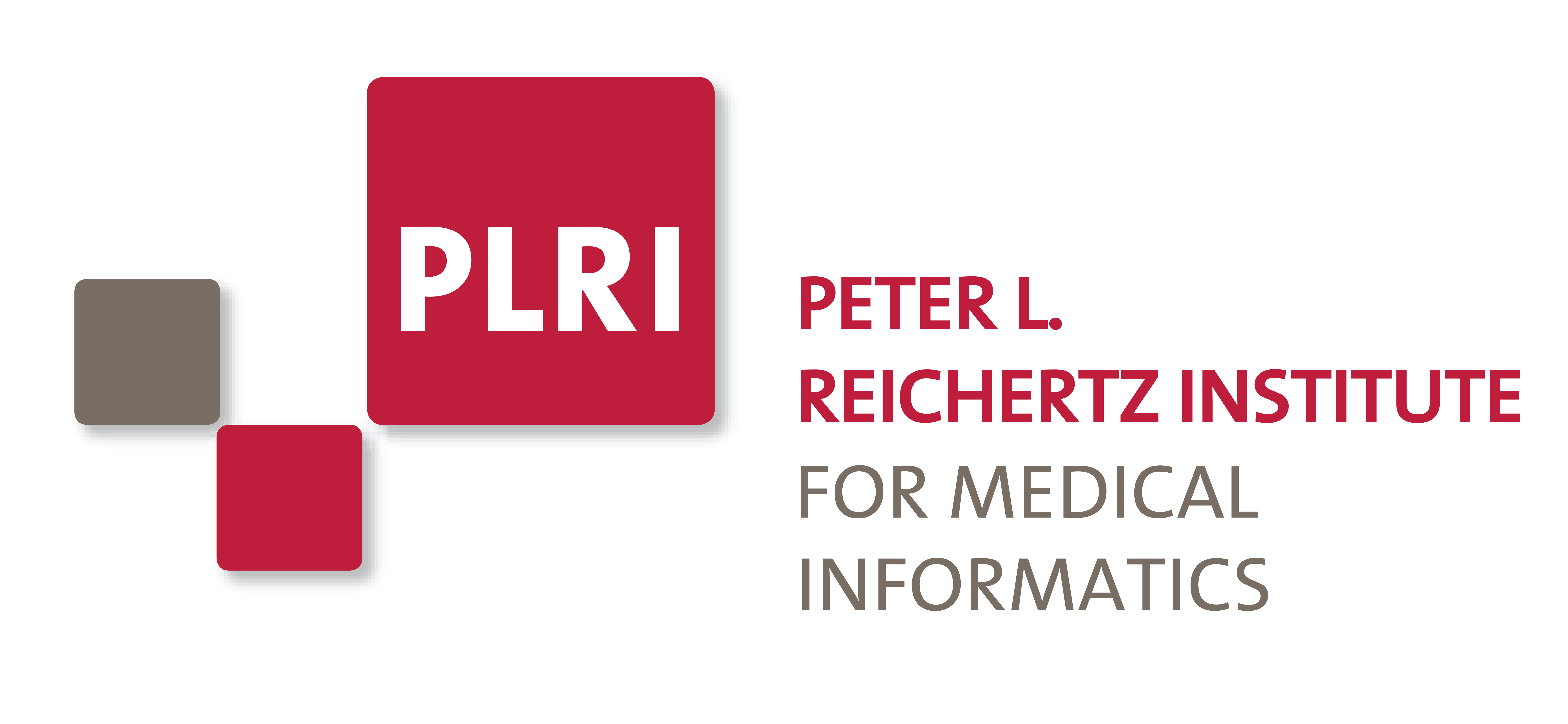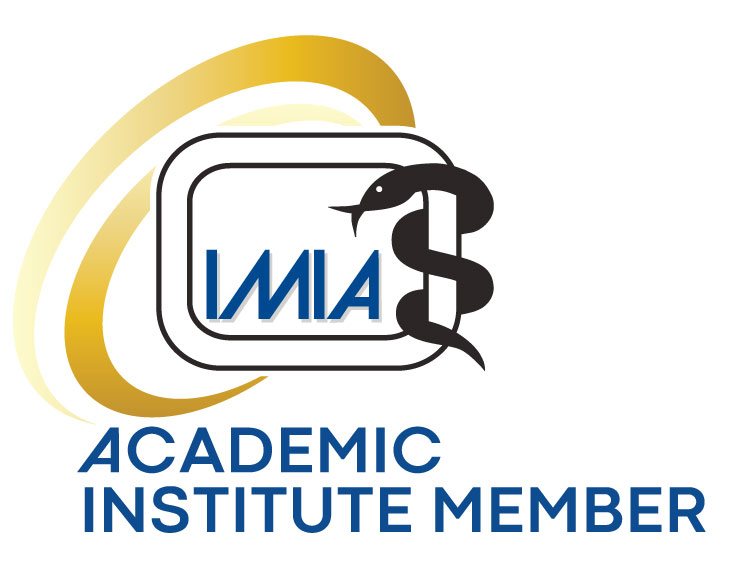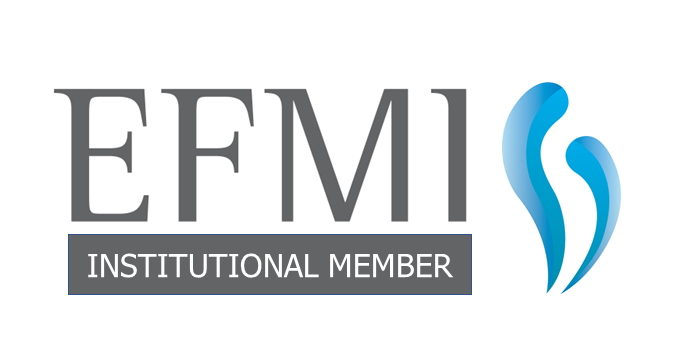Medical Data Integration Center at Hannover Medical School

Facility Lead
Theme
The Medical Data Integration Center of the Hannover Medical School (MeDIC of the MHH for short) was established within the framework of the Medical Informatics Initiative (MII) as part of the HiGHmed consortium. The consortia of the MII have set up such a MeDIC at each university hospital in order to create the technical and organisational requirements for cross-institutional data usage processes. The MeDIC of the MHH is involved in numerous large-scale projects and cooperates with other university hospitals, the German Cancer Research Center and other partners from healthcare, science and industry. The MeDIC of the MHH is mainly funded by the Federal Ministry of Research, Technology and Space (BMFTR) and is part of the Network of University Medicine (NUM) and the Medical Informatics Initiative (MII).
Short description
Primary aim is the integration of multilocal, heterogeneous data within MHH to improve patient care and research. For this purpose, various institutes and clinics of the MHH cooperate with each other.
The strategic aim of the MeDIC is to expand and consolidate the infrastructure already established between the university hospitals, which is based on international and open standards, in the coming years. This is intended to further strengthen and advance the cross-site exchange of medical data in order to jointly improve patient care and research opportunities. To achieve this, it is necessary that the data on the course of the disease to be interoperable in the participating clinics. The requirements and necessary measures for the interoperability and exchangeability of the data are coordinated and harmonised across locations in the NUM-DIZ project.
To foster patient participation from the beginning, another goal is to establish an innovative patient portal so that patients can access their own data on the course of treatment as well as further information about their disease.
Data protection, data security as well as data privacy (informational self-determination) of the patients are of central importance.
Equipment
Use Cases

The following four clinical use cases are intended to demonstrate the expected added value of the structured collection and cross-site exchange of patient data for healthcare and research.
- RISK PRINCIPE (Infectiology): An automatic early warning and cluster system to detect cumulations of infections with multi-resistant pathogens is being developed.
- ACRIBiS (Cardiology): The combination of harmonised documentation should improve models for individual risk assessment of cardiovascular diseases.
- CALM QE (Pediatric Pneumology): The aim is to better diagnose and individually treat patients with brochial asthma and chronic obstructive pulmunary disease.
- PM4Onco (Oncology): On the basis of a wide variety of harmonised data, more successful approaches for individualised cancer treatment are to be derived.
Even the research profits by the cross-institutional exchange of medical data, because it can be helpful for the treatment of a new patient to have information about similar cases. Furthermore, it is possible to get an empirically sound number of cases for rare diseases and new insights about these diseases.
Methodology Platforms
Within the framework of the MII, methodology platforms are being developed to support the availability and evaluation of data across locations. The MHH is involved in two method platforms: GeMTeX and SU-TermServ.
Additional information
Data Usage
The MeDIC of the MHH provides data according to the specifications and regulations of the MII. These are described in the current version of the core data set. The current version of the Medical Informatics Initiative's core data set shows which data can be provided or queried.
Research Data Management
The MeDIC of the MHH serves as a central contact point fo researchers at the MHH. It offers them general advice and directs to the right services and infrastructure for their projects within the MHH.
Further Information





